Affiliate links on Android Authority may earn us a commission. Learn more.
Virtual Everything - the problem with smart assistants
Published onJune 9, 2017
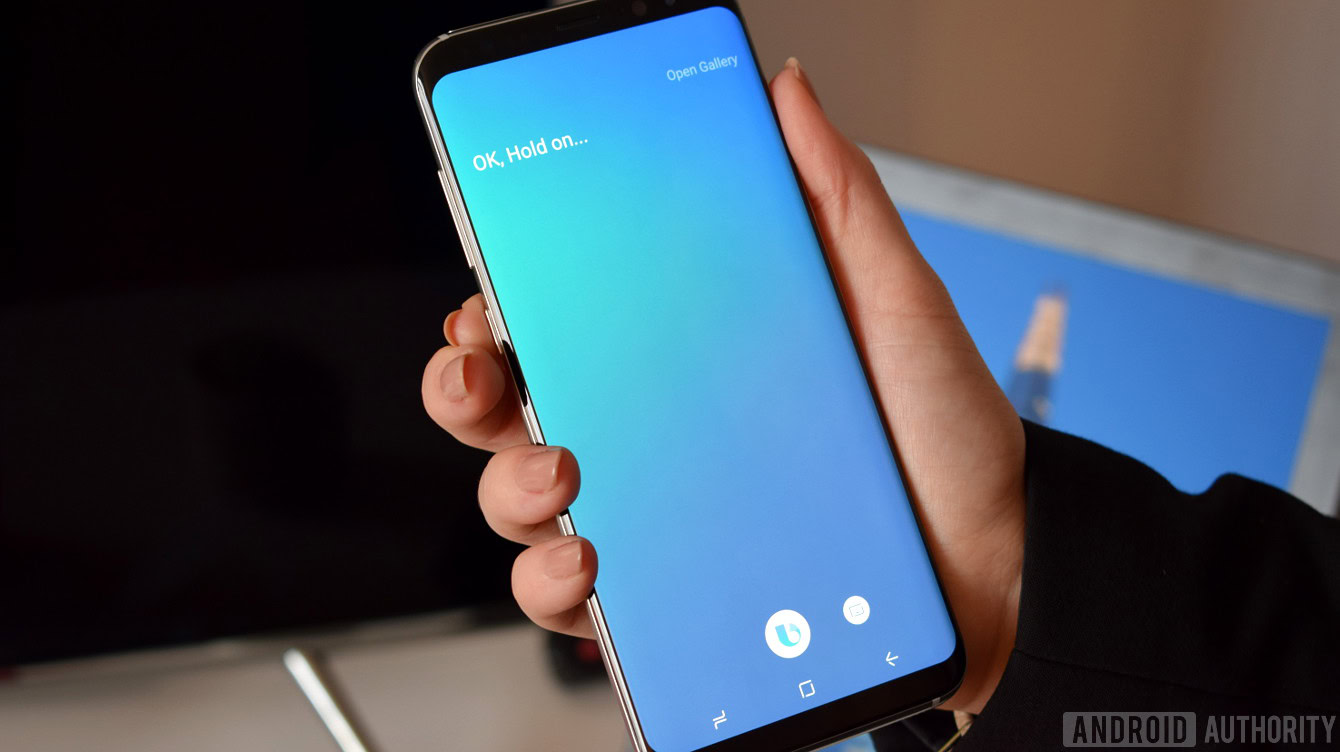
Virtual or smart assistants, AI, or whatever you want to call them, these services have taken off in a big way this year, with virtually every new flagship smartphone touting their inclusion. We have universal players in Alexa and Google Assistant, and smaller propriety options from the likes of Samsung, HTC, and now even Andy Rubin’s new Essential Phone.
We’re all familiar with the sales pitch by now. Better search results, personalized responses, and contextual information right at your fingertips. Not to mention that interacting with voice is a faster, more convenient, and a more human way to ask questions and be told certain pieces of information. Certainly, smart assistants have their uses and I’m sure that they’re going to be a helpful tool for many. But they’re not without their issues, and we might want to treat some aspects of them with scepticism.
Another layer of fragmentation
The biggest issue with the virtual assistant ecosystem right now is that it’s still early days, and there are a number of players all vying for pole position in the market. I’ve seen many a comment sarcastically rejoicing at the introduction of yet another smart assistant platform, and I’m sure we’ll see a number of other companies introduce their own technologies before long too.
Between Alexa, Bixby, Cortana, Google Assistant, Sense Companion, Siri, Viv, and others, it's difficult to remember the exact capabilities of each platform and tougher still as features continue to evolve.
While competition tends to be a boon for us consumers and and great incentive to innovate, we’re currently going through the stage where feature support varies widely and consumers don’t quite know exactly what to expect from each platform. You only have to look across the range of supported music apps, smart home products, or the different voice commands available on these various smart assistants to see the pickle we as consumers are in.
Which tier of Spotify do I need to use voice commands on Alexa versus Google Assistant, does my smart assistant TV talk to my fridge from another brand, why does this command I use for my speaker not work the same on my phone? There’s a lot of research required on the consumer end to figure all of this out, and it feels like the last thing Android, or tech in general, needs right now is another layer of fragmentation. However, it won’t be until these standards realize most of their planned feature sets that we can begin to more readily contrast and compare.
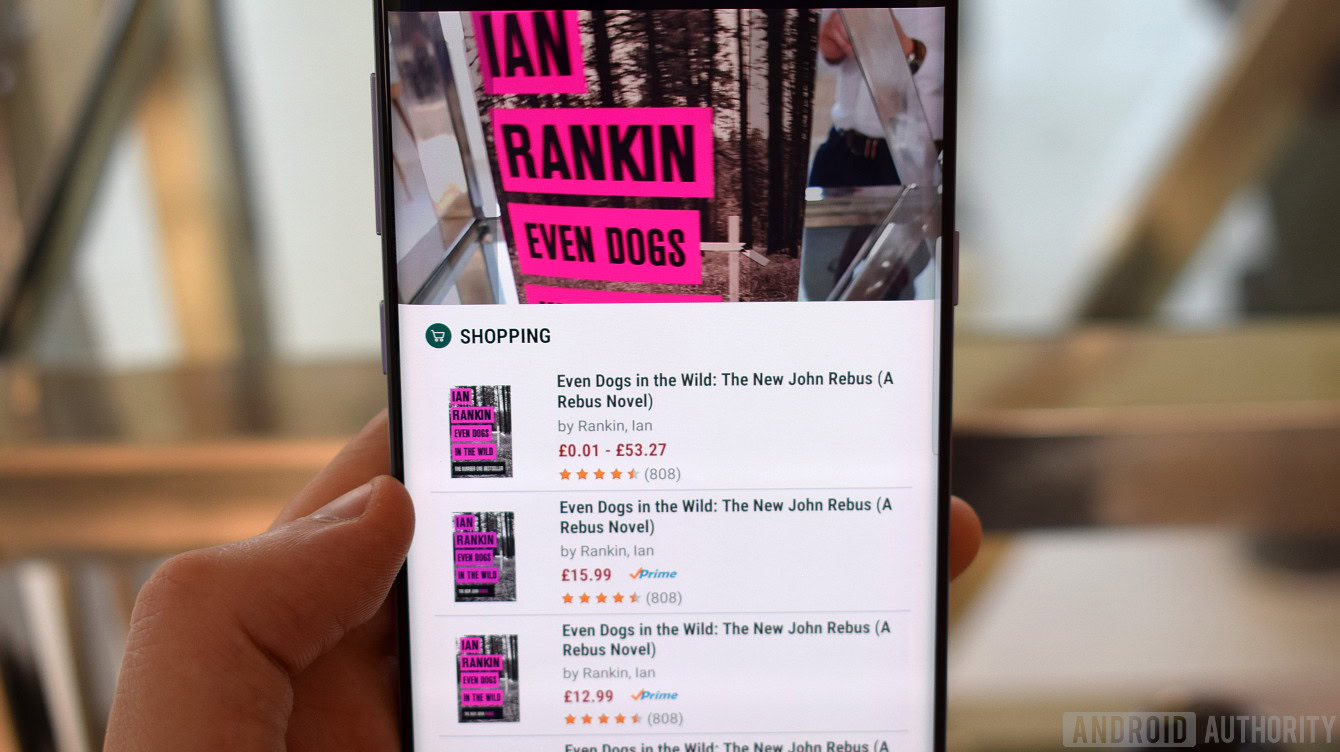
Making money
While smart assistants can do a lot of us, we should also ask what we’re doing for the company’s providing them, and that’s eventually going to boil down to money. I’m usually not too cynical about profit motives if I receive a good product, but when it comes to trading increased amounts of our personal information and the details of our lives, the cynic in me begins to awaken.
Obviously, Alexa is all about bringing new Amazon customers into the fold and making it easier for existing customers to do repeat business. We know what we’re getting into with Echo products. Google Assistant, on the other hand, doesn’t appear to have a clear money making plan yet, other than building up an even greater Google advertising profile on us all. This in itself is a little concerning, given that smart assistants not only keep track of our messages and emails, but now are also integrated into our fitness regimes, tastes in music, and even our bank accounts.
This deeper level of information about our lives is probably more valuable than ever, but as ad revenues continue to fall smart assistants may need additional revenue streams.
While Amazon and Google can easily fund development, the financial viability of smaller third party assistants remains to be seen.
Recently, Google Assistant trial ran controversial advertisements as part of its Today’s Briefing feature, and has suggested that shopping results and referring customers to specific partners could be the way to generate revenue in the future. Of course, this leads us to ponder the implications of having sneaky or subtle advertisements injected right next to our daily schedule and whether or not we’ll be seeing the best deals or prices when a company has a vested interest in giving preferential results to its affiliates.
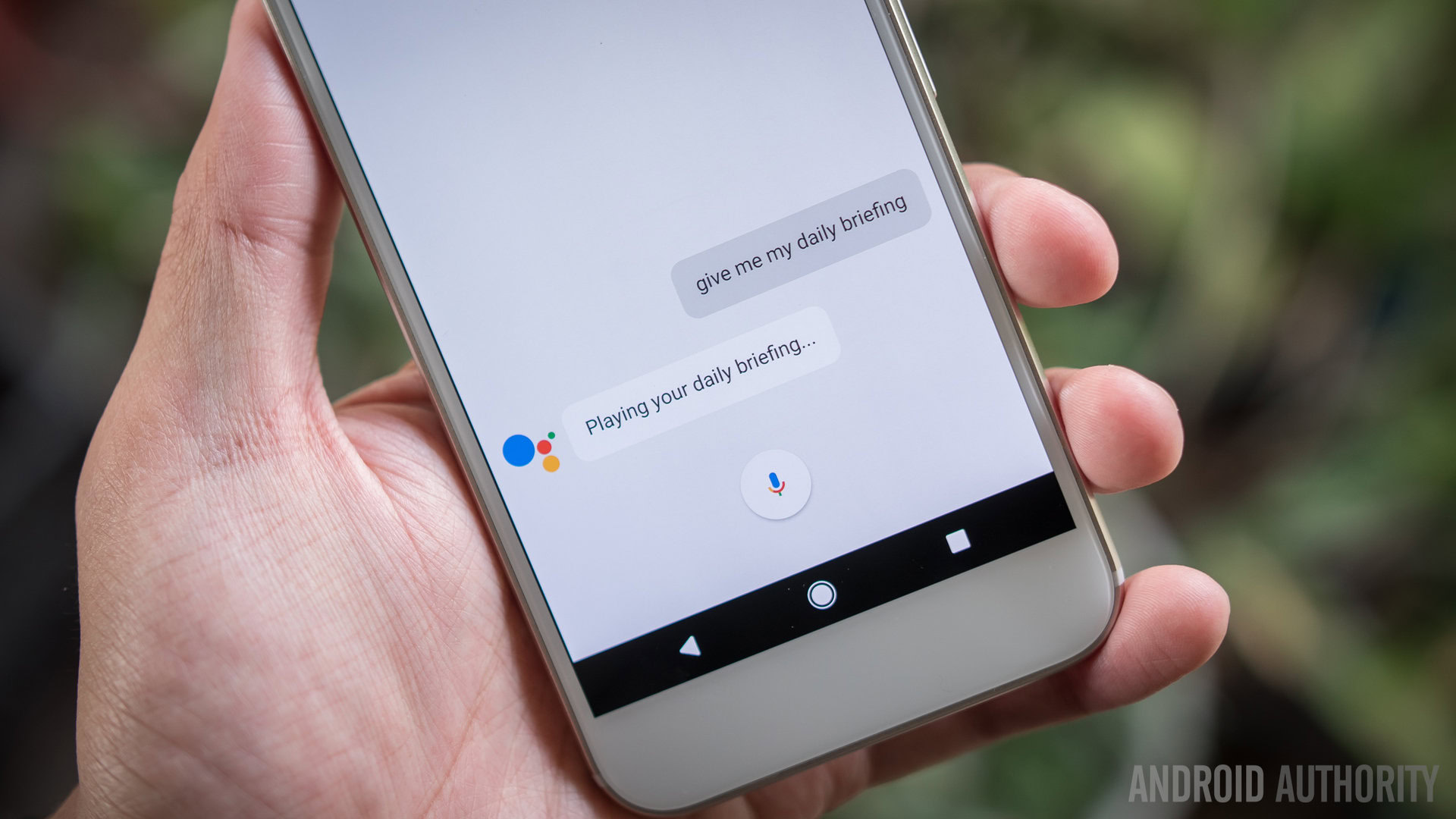
Bixby, HTCSense Companion, and other smaller proprietary smart assistants are perhaps less likely to be interested in money making directly and more about offering a competing feature out of the box, but even these aren’t going to be impervious to the need for revenue. Bixby is already heavily integrated into Amazon’s shopping results when using Bixby Vision to lookup objects, so we’re actually seeing a narrower set of results when using these assistants, compared with regular web searches.
The question is, why should we as customers prefer Amazon, or any of the other major shopping services linked to other assistants, over unsupported competitors? I realize that it’s not realistic to support every small business or shop, but we need to be aware of the knock-on effects that using assistants for shopping and the like might have on businesses that are left out.
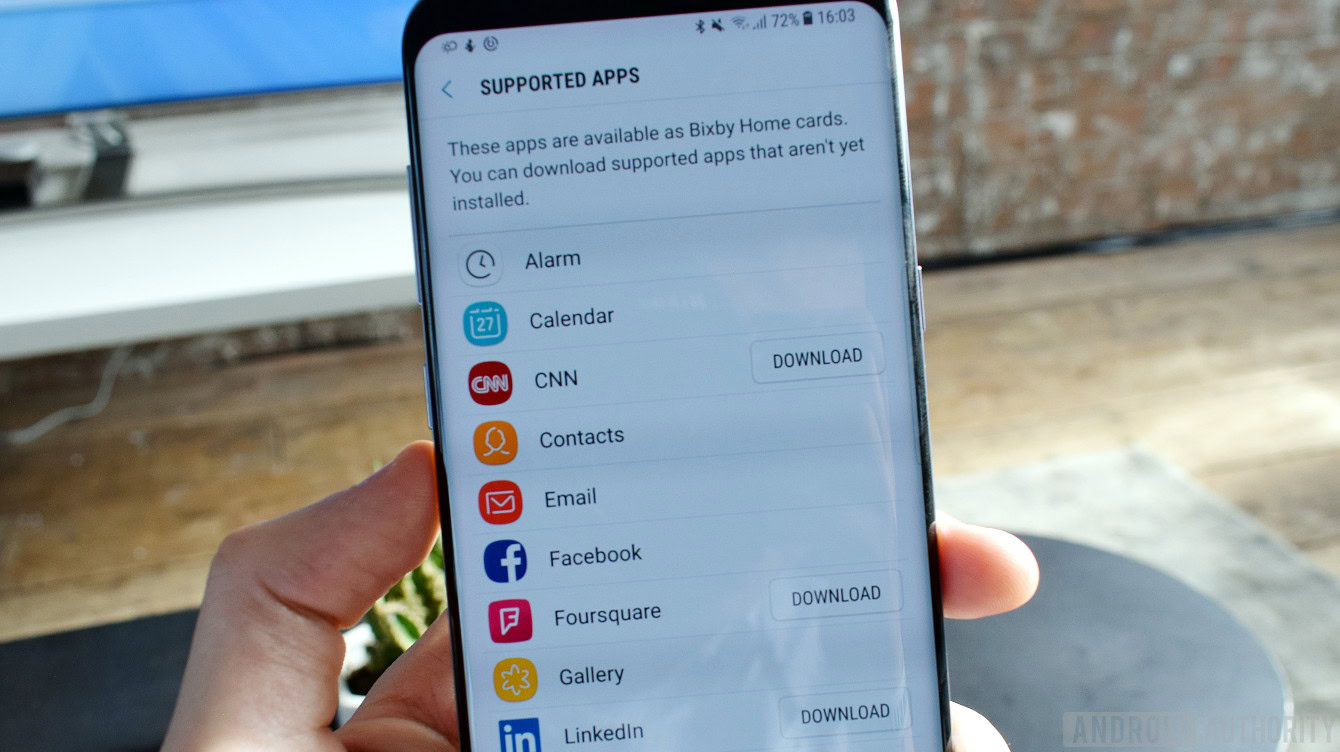
Monopolizing the app market
This leads me nicely onto my next point, and that’s about the level of influence these smart assistants are beginning to hold over app trends and market positions. Alexa, Google Assistant, and Siri have all announced various big named partners, which marks a stark change to the free-for-all and level-ish playing field that we’ve come to benefit from in smartphone app stores.
Of course, these assistants are looking to support as many apps, services, and technologies as possible to accommodate what consumers are actually using, and their SDKs are relatively flexible for new developers. However, the level of integration and support varies a lot from those who have worked closely with the likes of Amazon or Google compared with those who haven’t or can’t. In the long term this risks limiting the number of services that consumers consider using or switching to based on what’s supported by these smart assistants.
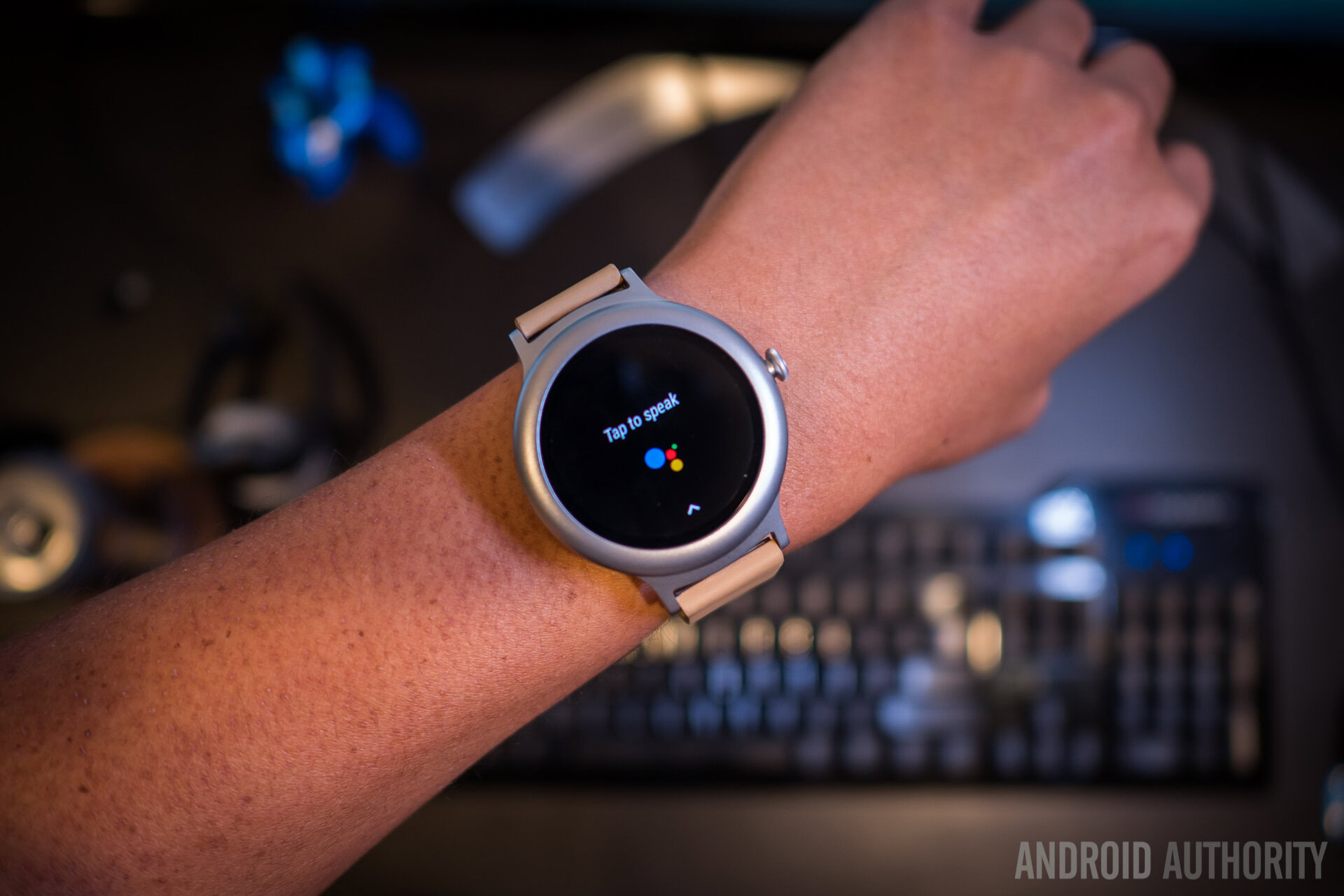
Take music apps, for example. Google recently unveiled that it will soon support voice commands for free Spotify accounts, along with SoundCloud and Deezer, on top of YouTube Music, TuneIn, Google Play Music, iHeartRadio, Pandora, and NPR One, but you’re without luck if you use another service. Meanwhile, Amazon’s Alexa enabled commands for Amazon Music, Prime Music, Amazon Music Unlimited, Spotify Premium, TuneIn, and Audible. However, if you want to use another third party service it has to support an Amazon account and then only the basic commands will work.
Consider the influence that is up for grabs by news outlets that get their foot in early and the advantages given to Amazon Flash Briefing's default sources, such as NPR, BBC, and The Associated Press.
While that’s passable support for now, there are some notable names, such as TIDAL, that are clearly missing from these lists. Those with early support clearly have a big advantage, as some consumers switch to them in order to make the most of their smart home products. Furthermore, it’s not clear how much these support / deals are worth, but it’s a little concerning that smaller services or audio app developers might struggle to offer the same level of support.
The same is true for Uber and Lyft, which are the default taxi hire options as opposed to your assistant looking up a local cab number for you. Perhaps more worryingly, think about the types of influence that is up for grabs by news outlets that get their foot in early or even just the advantages given to partners – such as NPR, BBC, and The Associated Press – that are the default sources for Amazon’s Flash Briefing feature. Lots of people don’t bother configuring these type of hidden settings or switching defaults, and so are only receiving news from a fraction of the sources that they could otherwise search for.
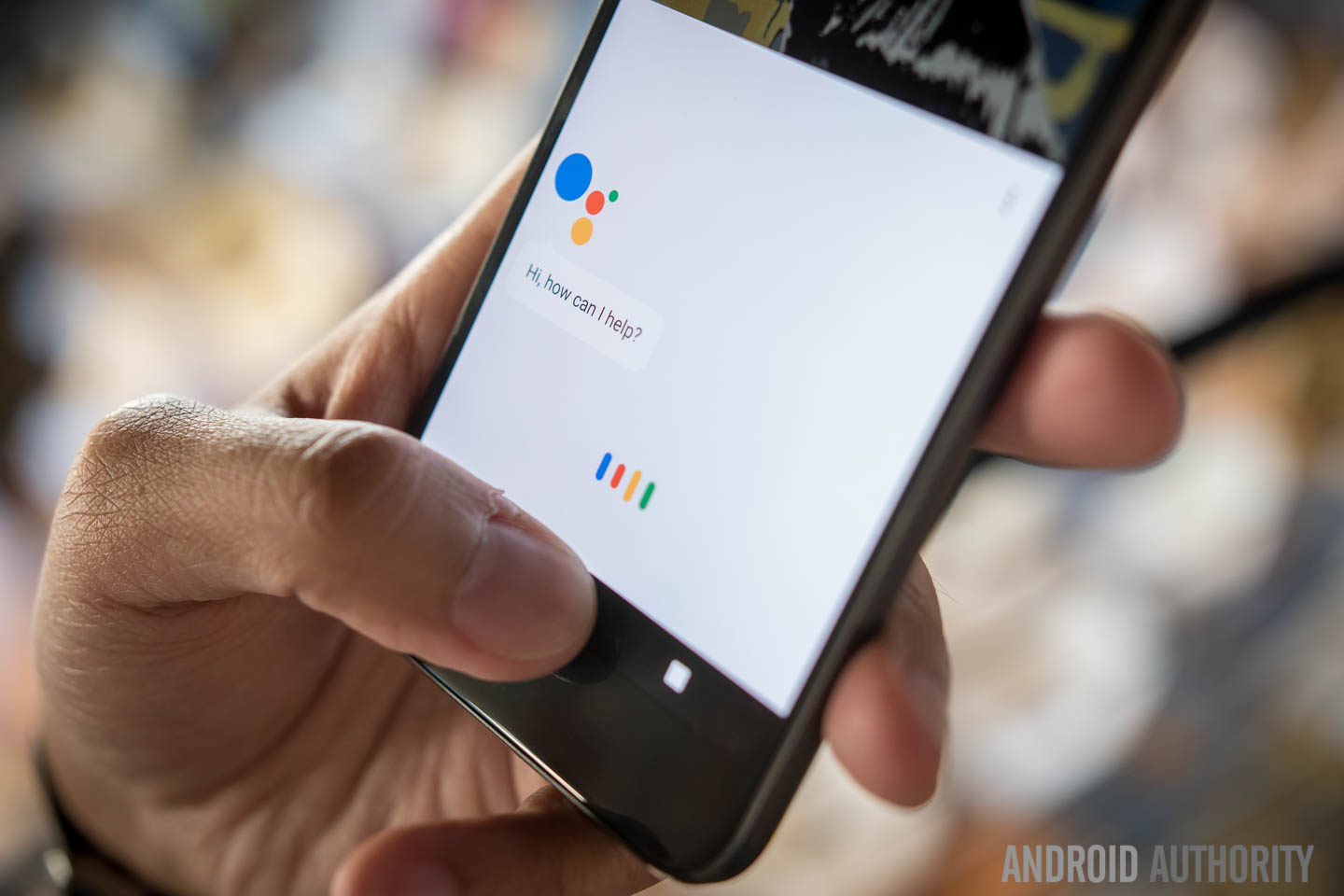
Can we trust them?
This brings us onto trust, and there are two points I think we should be aware of. The first is obviously security of our information, but secondly how well can we trust the results we’re given.
What I mean by this, is that smart assistant searches are reliant on information provided from a variety of sources, some of which don’t have the most reliable histories. We’ve all heard stories of “Yelp disasters”, unfair spiteful reviews, or companies paying for fake 5 star listings. So when it comes to asking Google, Alexa, or whoever, for a recommendation, can we be sure that we’re actually getting the best product or going to the tastiest restaurant?
Are crowdsourced reviews and opinions as useful as looking up dedicated and specialized critics?
It’s a similar situation when it comes to film releases or recommending a new album to check out. As well as the affiliate incentives to recommend me something questionable over nothing at all, it’s quite rare, for me at least, to agree with IMDB’s film scores or Amazon’s book genre recommendations. Yet many of these rating systems form the core of many features offered by today’s assistants.
I prefer reading the thoughts of critics that share similar opinions to me from a list that I’ve cultivated over time, rather than a taking a chance on a generic rating posted by anyone who just happens to have an opinion. There’s something to be said for consulting a specialized in-depth opinion, yet these smart assistants are basing their recommendations entirely on unverified, vague crowdsourced data.
Going back to the bigger trust issue, these smart assistants are collecting more data on us than ever before, and many of these technologies rely on always-on microphones to capture keywords and quickly respond to requests. Many before me have already outlined the concerns about always-on listening, and it’s certainly concerning when we discover that law enforcement officials are interested in the data collected by our smart home tools.
This is mitigated to some extent through microphone muting options or Bixby’s use of a dedicated button to call the feature. Communication with servers is also encrypted, so some measures are already in place. But we also have to trust that information recorded and analyzed from our requests is being saved securely too, and that we retain some control over what happens to them.
Amazon allows its users to review and delete their past recordings, and Google Home offers a similar option to delete your history and toggle some data sharing options, but this isn’t the same as permanently deleting the profiles or data that these giants have collected about us. Furthermore, with customers using smart assistant in conjunction with their banking apps and other sensitive applications, there’s more at stake than with older basic voice search technology. With high profile hacks making many a headline over the past year, we certainly need this data to be secured with industry leading technologies.
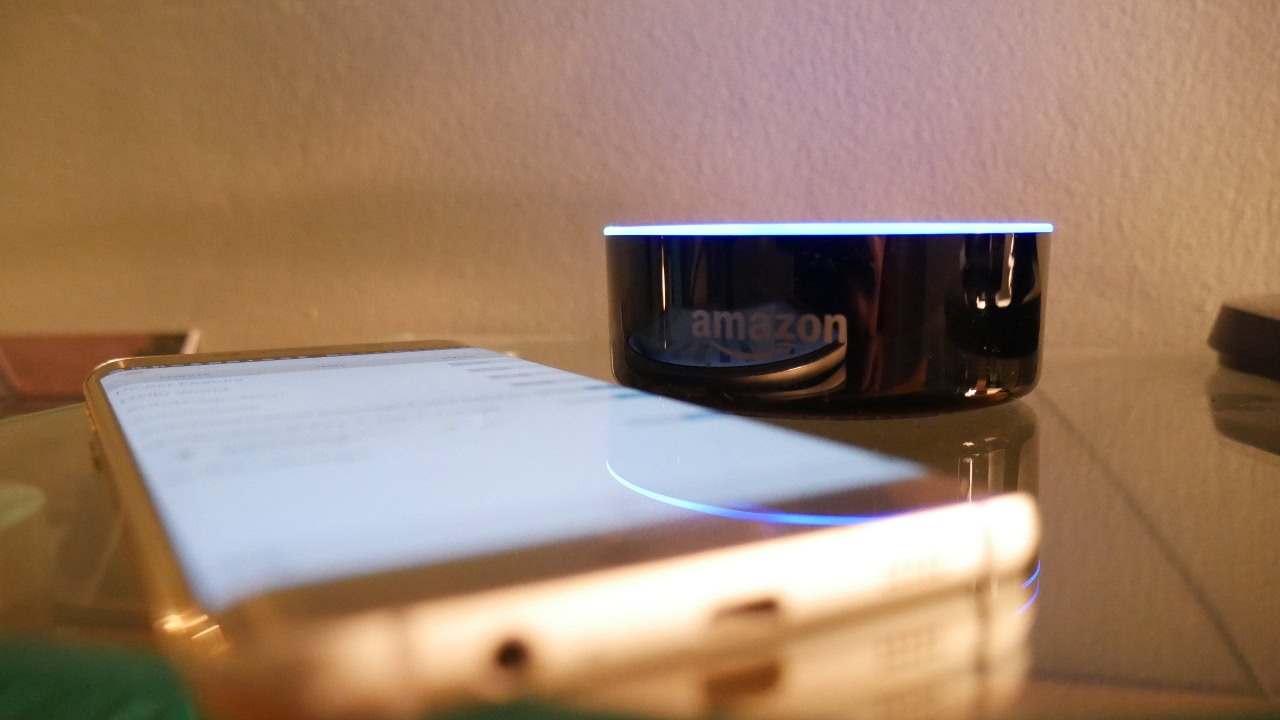
Wrap Up
Although my tone may sound pessimistic, I am convinced that smart home appliance and mobile smart assistants have a lot to offer us all. Many of us will certainly find them useful in the years to come, if we’re not already enjoying them as part of our daily lives.
However, as with all early technologies, the industry is still learning and growing, implementing new essential features, improving third party support, and ironing out issues. The broader software ecosystem is also only just getting to grips with this innovation, and as such it’s support is going to be limited to those willing to invest in early adoption. Things may look different in the coming months and years, and perhaps many of my early concerns will, hopefully, turn out to be misplaced.
How do you feel about the current state of smart assistants?